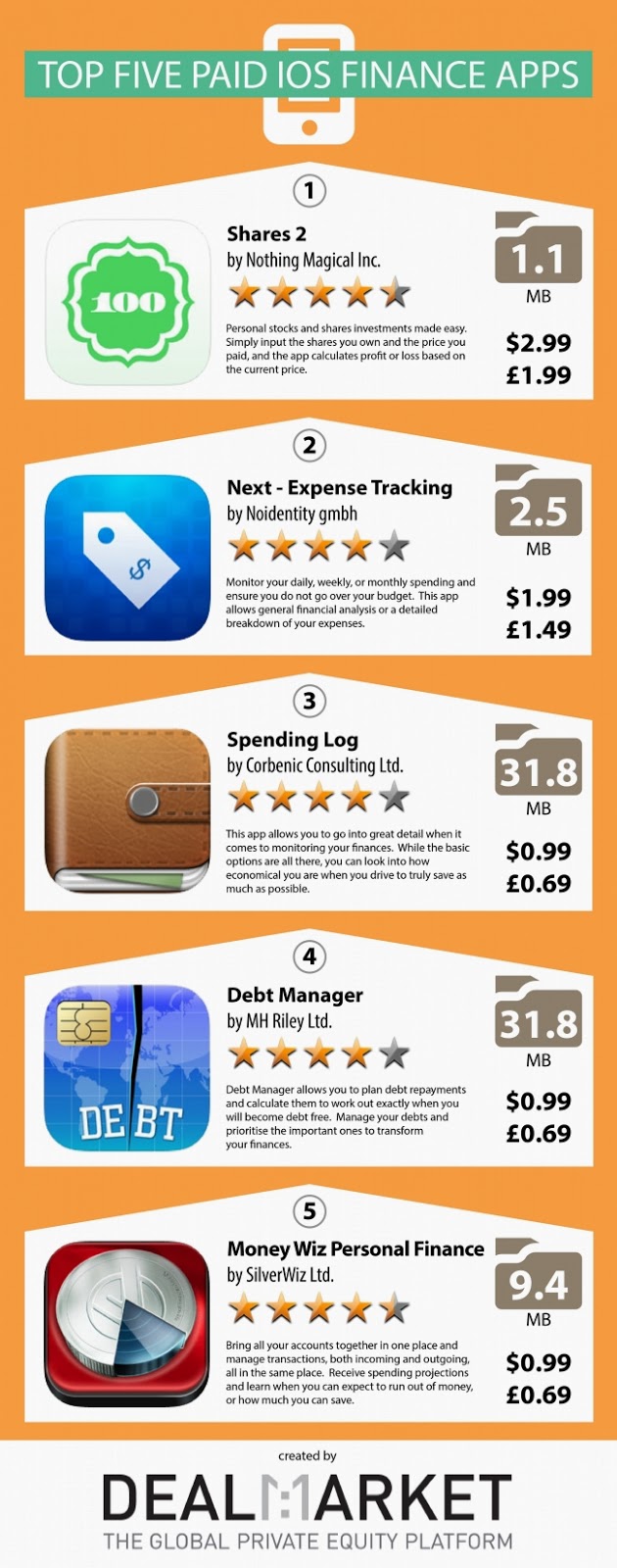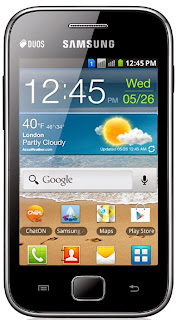
You need security for your smartphone.
Are you thinking of buying yourself a new mobile phone this Christmas season? If so, you should know that you will need to have security installed on it as soon as you buy it, otherwise you will almost certainly find yourself faced with more trouble than you know how to handle farther down the road. Five reasons to get security are outlined in the sections below.
1) Smartphones are vulnerable too.
Users are only beginning to realize this fact, but smartphones are as vulnerable to malware, viruses, Trojan horses and other threats that come from online, being as they are, in essence, devices that have all the capabilities of a computer, though on the scale of a cellphone. This may be a tough fact to accept, but it is one which cellphone owners are going to have to realize and acknowledge if they are to do something to avoid becoming the next victims of the latest online threats.
2) They can be the prime targets of online threats.
What is more, the creators of many of these destructive programs are now targeting smartphones specifically. This fact is becoming more and more true as more and more people turn to smartphones rather than PCs as their primary method of surfing the Web (indeed, some experts are predicting that by 2020 there will be more smartphone than PC surfers!). One consequence of this trend is that hundreds of apps are created each day for all kinds of purposes, from shopping to checking the weather to losing weight, and this area is fertile ground for unscrupulous programmers who want to hack into somebody’s account. Many apps are really a cover for security threats. This also means that you should have the phone any new apps that may look attractive to you before you decide to download them.
3) Why does my mobile phone bill say I owe $6,734?
Sometimes the goal of hackers who take control of other people’s smartphones is to get a “free ride” by racking up call after call on them and leaving the owners on the hook for the expenses that they incur. Even if you know that you did not make all those calls, it may be extremely difficult to track down the offender and get back all the money that he or she stole from you. If no other danger should motivate you to protect your new mobile phone from attacks this one certainly should.
4) “Coffee shop attacks”
The public wifi connections that you find in hotels, airports and other public places are inherently non-secure. As a result, they are a common place for hackers to go looking for unsuspecting victims whose passwords and other sensitive data they can easily steal. It is up to you to make sure that your smartphone has adequate security software to protect it. Better yet, you should steer clear of this places and hook up your cellphone only in private, secure locations.
5) It is best to take care of the security problem while the device is new.
Mobile security is a problem that is easiest to solve if you undertake the task before you do anything else with the device. The most common threats to mobile phones come from downloading email attachments, apps and whole websites. If the first thing that you do with your new smartphone is to take care of security matters, you will be acting proactively, before any threats have even occurred - which is, after all, the best path of all. The adages “Better safe than sorry” and “A stitch in time saves nine” apply to mobile phone security just as much as it does to life in general. The best security software can intercept destructive malware before they even have time to “take residence” on the device. They can also be updated to provide protection against newer and newer threats. There are many other things they can do too, like use GPS to locate a lost or stolen mobile phone and even cause it to “lock up” if an unauthorized person gets hold of it.
Sarah Hendricks who is a security expert on protecting users and businesses from hackers and data leakage with NQ.com. NQ Mobile security provides all kinds of mobile security; users in the office, at home, or working remotely are all subject to attack, click here to learn where to find mobile security applications.



















